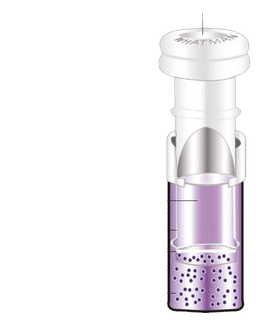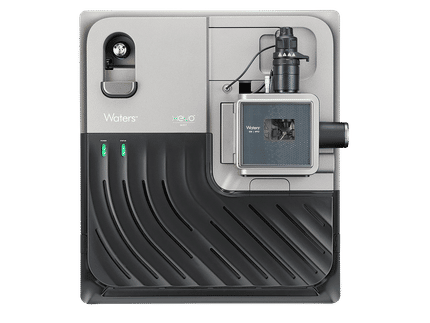To use all functions of this page, please activate cookies in your browser.
my.chemeurope.com
With an accout for my.chemeurope.com you can always see everything at a glance – and you can configure your own website and individual newsletter.
- My watch list
- My saved searches
- My saved topics
- My newsletter
EcoParkEcoPark located in Tuen Mun Area 38, on west side of Hong Kong, is similar to an industrial park exclusively for waste recycling and environmental engineering. This is the first of its kind in Hong Kong. Product highlight
IntroductionIn December 2005, the Hong Kong Government mapped out a strategy on waste management emphasized waste reduction and recovery. Hong Kong currently recycles 40% of its municipal solid waste (MSW), but over 90% of recovered recyclable materials are exported to Mainland China for further re-processing while less than 10% are treated locally and re-manufactured into useful products. With the measures to promote waste recovery, recycling and reuse in place, a local waste management area like EcoPark is a viable option for furthering Hong Kong's recycling program. EcoPark aims to promote the local recycling industry and jump-start a circular economy to provide a sustainable solution to the city's waste problems. By encouraging and promoting the reuse, recovery and recycling of waste resources and returning them to the consumption loop, the EcoPark will help realize the full potential of the local recycling industry and alleviate the heavy reliance on the export of recyclable materials recovered from Hong Kong. Design and constructionThe EcoPark occupies 200,000 square metres of land in Tuen Mun Area 38 and will be developed in two phases. As pledged in the Policy Framework, the aim is to commission Phase I of EcoPark towards the end of 2006 and Phase II in 2009. Hong Kong Government funding will be used to build the basic physical infrastructure of EcoPark. The EcoPark will be divided into lots of different sizes. Lots in EcoPark will be tendered for specific recovered materials and processes that help achieve Hong Kong's government waste management objectives, in particular, in recycling local wastes. Admission criteria will be developed with priority given to processes involving value-added technologies, and target materials of the proposed Producer Responsibility Schemes. ProgressDetailed design of the infrastructure is in progress. Construction for Phase I, with an area of about 80,000 square metres, will commence in mid 2006 with a view to making Ecopark ready for occupation by tenants in late 2006. Construction of Phase II (120,000 square metres) will commence in early 2009. It is intended that the contracts respectively for the construction and management of EcoPark will be tendered in early 2006 with a view to appointing the works contractor and Operator by mid 2006. Public consultationHong Kong Government has consulted the Tuen Mun District Council and members support the development of EcoPark and agree that EcoPark will help promote development of local recycling industry and create job opportunities in Tuen Mun. The Council hopes that EcoPark will become a landmark for Tuen Mun. Local trade associations and recyclers were also consulted and they support the development of EcoPark, agreeing that by providing long-term land at affordable cost, together with supporting infrastructure, EcoPark will help enhance recycling technology development and improve waste recovery rates in Hong Kong. Environmental considerationsAn Environmental Impact Assessment (EIA) was carried out in respect of air and water quality, waste management, land contamination, landfill gas hazard and hazard to life, in which a wide range of recycling processes for different material types were examined. The assessment recommends a list of materials and processes to be allowed and also recommends a number of mitigation measures. With these measures in place, the EIA concludes that there will be no significant environmental impacts to the surrounding areas. |
|
| This article is licensed under the GNU Free Documentation License. It uses material from the Wikipedia article "EcoPark". A list of authors is available in Wikipedia. |







